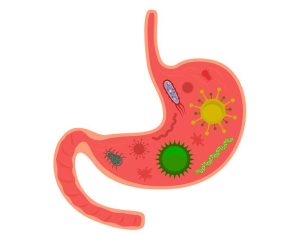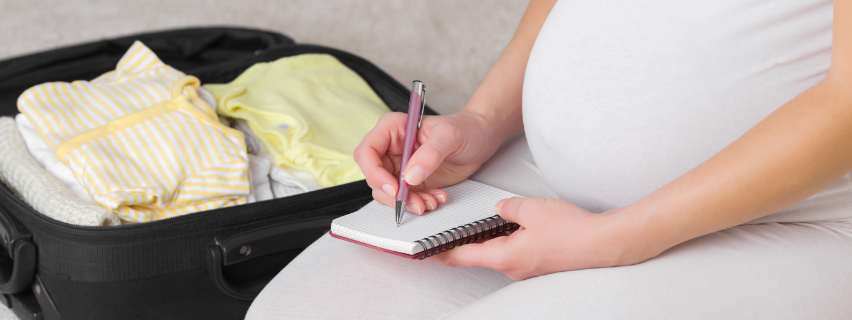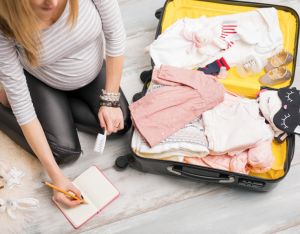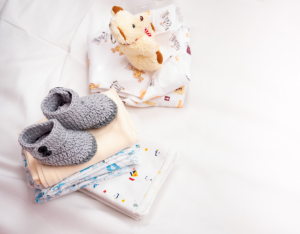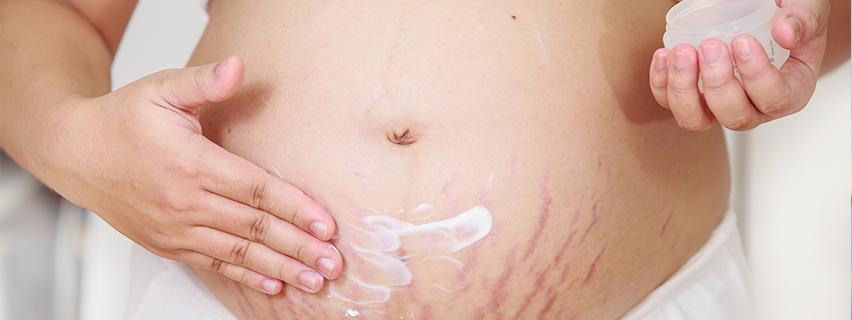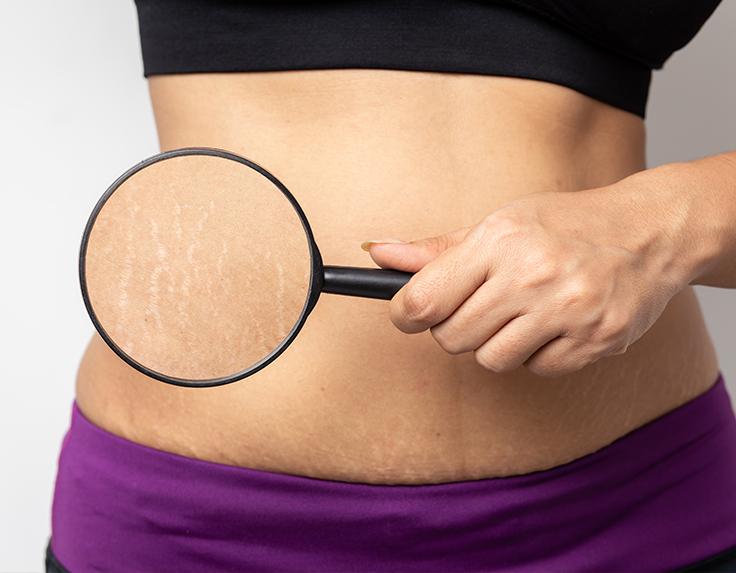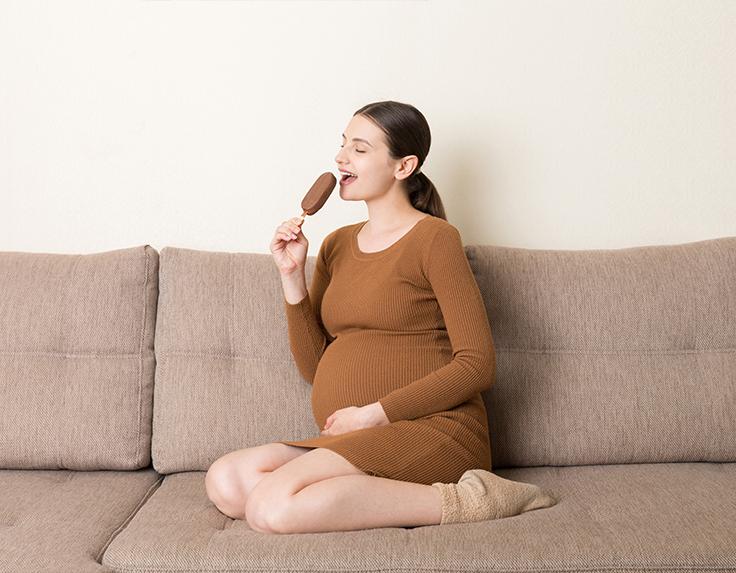Pregnancy is a beautiful phase for the couple as well as their families. As blissful it is to carry and make a baby with your beloved, it is equally important to take care of the lady carrying the baby in all aspects- emotionally, physically and mentally. A small but very important part of it is staying hydrated throughout the day.
The Importance Of Drinking Water In Pregnancy
Drinking water and staying hydrated is all the more important during pregnancy due to many reasons. Water helps in building amniotic fluid around your baby, flushing out toxins from your body along with flushing out any bacteria when you pee that might be trying to creep in. It also produces extra blood, carries nutrients, creates new tissues, enhances digestion etc.
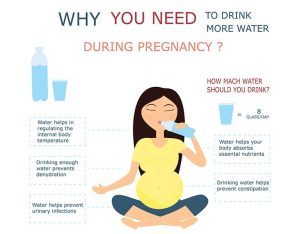
Water circulating in the body also helps in keeping you fresh and less exhausted than usual.
The question that arises is how much water to drink during pregnancy in the entire day? Doctors suggest that you drink at least 8-12 glasses of water per day during pregnancy. This ensures that the baby is healthy and is developing the way it should.

Benefits Of Staying Hydrated During Pregnancy
Our bodies naturally require an adequate amount of water to function properly. But during a pregnancy, fulfilling this requirement becomes twice as important for ensuring the health and well-being of the mother and her child. Besides quenching the thirst, hydration has a lot of other benefits for pregnant women. These include:
● Proper transportation of oxygen and nutrients throughout the body
● Decreasing the risk of constipation, UTIs (Urinary Tract Infections) and hemorrhoids
● Maintaining the body temperature
● Reducing nausea, heartburn and swelling
Is It Normal To Drink A Lot Of Water During Pregnancy?
It is absolutely normal to feel extra thirsty during a pregnancy. Just like an increase in the intake of calories and nutrients, the water intake of the body also goes up while a woman is pregnant. An adequate intake of water also prevents dehydration, which can lead to headches, joint pains, cramping and dizziness in pregnant women.
FAQs
How Do I Know If I Am Drinking Enough Water While Pregnant?
There are various signs that serve as a warning to let you know about the lack of hydration in your body. These include:
● Maternal overheating
● Dark yellow urine
● Excessive sleepiness
● Decreased need to pee
● Feeling dizzy
● Feeling constipated
● Headaches
● Dry mouth
If you are facing one or more of the above symptoms, you need to take a good look at your water levels.
How Much Water Should A Pregnant Woman Drink A Day?
Doctors recommend drinking 8-12 glasses of water in a single day. Apart from this, it is advised to start your day with a glass or two of water. Followed by drinking two glasses of water with lunch and dinner, and taking regular sips of water during the day. Hydration can also be achieved by drinks like lime water, coconut water, smoothies, milk and herbal teas (based on the doctor’s advice).
What Happens If I Don’t Drink Enough Water While Pregnant?
There are several issues that can crop up due to inadequate hydration. Drinking less than the required amount of water can:
● Induce preterm labor
● Reduce the amount of amniotic fluid that your baby needs in the womb, thereby affecting your baby’s growth.
● Cause dehydration
● Result in fatigue and exhaustion
Once you receive the good news with Prega News, make sure that you keep your body adequately hydrated with water and other fluids, along with following a healthy and active lifestyle. Prega News wishes you a healthy pregnancy and a blissful journey of motherhood ahead of you.



































